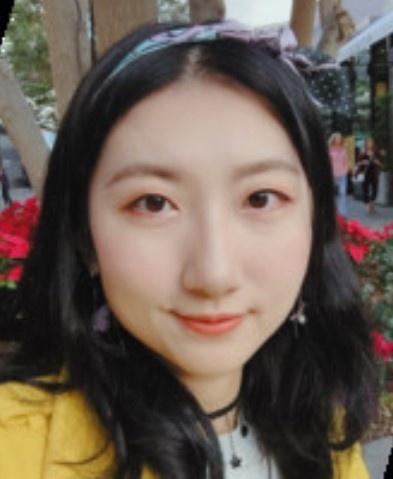
Mengyi (Miko) Liu first became interested in bioinformatics and computational biology during her sophomore year of college, when she learned about the depth and breadth of information those fields could bring to health care. Now, she’s a PhD student within the lab of Simon Gregory, PhD, where she’s studying the tumor microenvironment of brain cancer. In this week’s “Spotlight” interview, Liu talks to us about her work developing an algorithm to better identify cell types within the brain, her career plans after graduation, and her loves of dance, botanical gardens, and playing the ukulele when she’s not at Duke.
What are you studying within the lab of Simon Gregory, PhD? What does a typical day look like for you?
Rather than working at a bench, I study the computational strategies to perform data analysis and to develop new computational methods to look at our data. I was lucky to have joined Dr. Simon Gregory’s lab since we have an abundance of datasets and interesting projects from collaborators in the field of brain tumor that I can delve into and work with.
A typical day for me in my current third-year of PhD life is that I spend some time in a programming class on campus, work on my projects for most of the day, and have a meeting or two to discuss the projects with my mentors.
How and when did you first get interested in Computational Biology and Bioinformatics? What interests you the most about the field?
I first got to know the field in my sophomore year of college when I attended a Bioinformatics Symposium back at my undergrad at UC San Diego. There, I listened to professors, CEOs, and people from biotech companies talking about how they utilized computer algorithms to solve biological questions and discover treatments for disease. I was fascinated by the amount of insights that bioinformatics and computational biology could bring to healthcare. Now, this field continues to amaze me with the abundance of algorithms and methods to approach the same question, as well as the capability to raise new biological hypotheses using these tools.
Do you have a specific topic or research area that you’re focusing on for your dissertation? How will your research help us better understand or treat conditions affecting the brain or nervous system?
My thesis project is focused on understanding the tumor microenvironment of brain cancer. More specifically, I analyze spatial transcriptomics data and single-cell RNA-seq data from brain tumor patients to identify different cell types and to find interactions between them. To do that, I use existing methods and also develop my own algorithm that identifies the expression from each individual cell type within the tissue. The algorithm I develop will help us identify, cluster and annotate spatially differential genes for cell types of interest, which will enable the study of gene-gene interaction within the tumor microenvironment.
What career plans do you have for after you graduate? If you could have any job in the world, what would it be?
My career plan after I graduate is to work at a biotech or pharmaceutical company as a project manager. I am also interested in biotech consulting positions.
If I could have any job in the world, I would want to be a yoga instructor. I enjoy the practice as I see it as an amazing way to relax our body and mind, and I also hope to bring joy and peace to many more people around me.
What other passions or hobbies do you have outside of your studies?
I am a passionate dancer, and the main forms of dance I do are Chinese classical dance and Latin dance. Besides, I am also an avid hiker, a frequent visitor to art museums and botanical gardens. I picked up the ukulele since the pandemic and enjoy playing it too.
